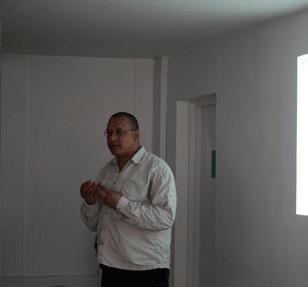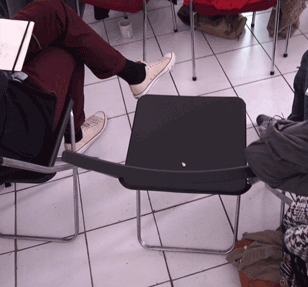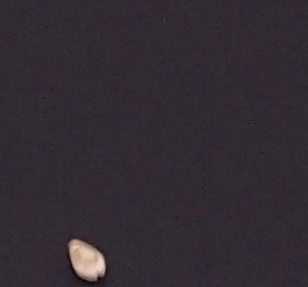Gabriel Gbadamosi
[June 22, 2012]
Gabriel is an Irish-Nigerian Londoner, a writer and broadcaster. His radio play The Long, Hot Summer of ’76 won the Richard Imison Award; his recently completed novel Vauxhall won the Tibor Jones Pageturner Prize at the London Book Fair. He was AHRC Creative Fellow at Goldsmiths, University of London, and Judith E. Wilson Fellow at Cambridge University. His essay on the African male nude was recently broadcast on BBC Radio 3.
This provocation kicked off the day’s proceedings with energy and intrigue and superstition. We passed conch shells between us. The sun was shining and Gabriel’s voice filled us and the space with tales of West African oracles and divination. This system is on UNESCO’s list of ‘Masterpieces of the Oral and Intangible Heritage of Humanity’.
IFÁ ORACLE
I I
I I
I I
I I
Eji Ogbe (Ogbe Meji)
They took palm oil and poured it into the room
And Ant came out;
They took fire and heated the walls
And Cockroach came out.
Orisha said, “That is what happened.
“Orunmila, you took all my slaves and hid them.”




[No Comments]